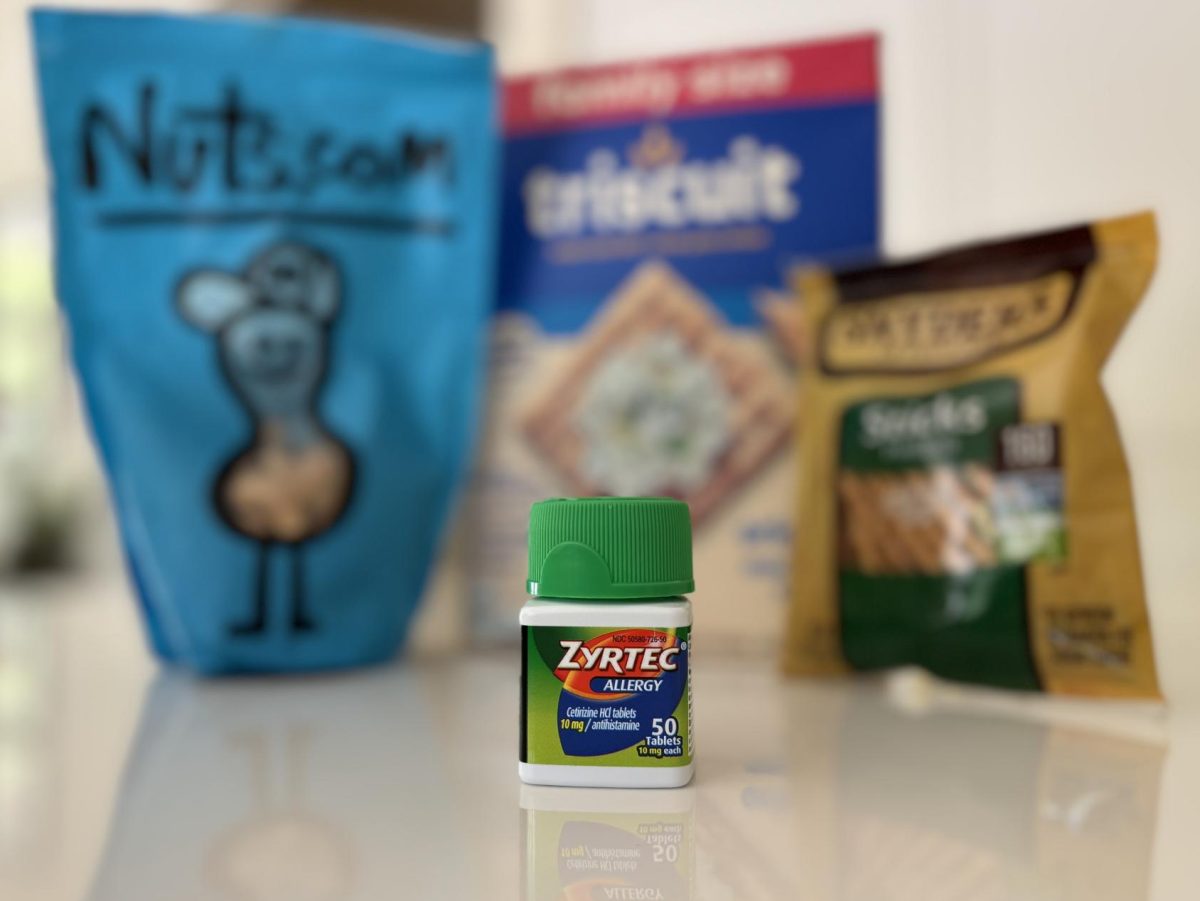But according to Dean of Students Mike White, the process — which now takes four to six weeks to complete — is not as complicated and drawn out as Tatavarthy, along with many other students, first thought.
According to White, a new policy implemented by the FUHSD Intra-District Council now makes it easier for clubs to raise money for charities. Previously, clubs needed to request both the Leadership class and the Board of Trustees to approve the charity, although this process was not always followed. In 2011, the Board began to compile a list of large charitable organizations that all clubs could donate to without needing to go through the process. The list now consists of the American Red Cross, American Cancer Society, March of Dimes, American Heart Association, Second Harvest Food Bank, Operation Smile and Sunnyvale Food Bank.
The Board is open to adding more organizations upon request, meaning that clubs can donate to essentially any charity as long as there is proof that the organization is non-profit and non-discriminatory. And for clubs that want to donate to already-approved charities, White says, the process can take as little as a day to complete.
“In this case, clubs can just ask [administration directly for permission to raise money],” White said. “Principal [April] Scott or the deans can just say, ‘Okay’.”
White explained that once a charity has been approved by the Board, any FUHSD club can request permission from school officials and start fundraising right away, which allows students to immediately start raising money after natural disasters. Clubs last year experienced difficulty fundraising after the Japan earthquake last year, as it took several weeks for FUHSD to approve Red Cross as a charitable organization; with the new policy, clubs can now donate to Red Cross, along with the other organizations on the list, without going through the entire process again.
The process of obtaining approval for charitable organizations, however, seems confusing and long to some clubs, like Muslim Students Association. According to MSA social manager junior Iffat Junaid, the club originally planned to raise money in the 2010-2011 school year for Pennies for Peace, an organization that builds schools for young girls in Pakistan. But upon hearing about the approval process, MSA decided to forgo the project.
“We could [ask the Board of Trustees] to approve Pennies for Peace, but it would be a long process,” Junaid said. “It’d be too much work. We should spend our time doing … [other] things.”
In previous years, this process of approving new organizations had not been followed by many clubs on campus, as many clubs privately raised money before donating the money to organizations. This year, the process will be enforced now that White has clearly explained it to the Leadership class. But the process has also been simplified; organizations can now be permanently approved, saving future clubs the trouble of going through the entire approval process again.
Many people like Tatavarthy and seniors Suruchi Salgar and Janani Prasad, who are working with Tatavarthy on the DECA community service project, heard about the policy for the first time this year and mistakenly thought that the entire policy had changed and that they would have to wait longer to have their proposals approved. But White says that the approval process has been in effect for years and the Board of Trustees has yet to deny approval of any organization.
“They didn’t change the process,” White said. “They just added the pre-approval part. This actually expedites it.”
But Tatavarthy, Salgar and Prasad have still found the process difficult to follow. However, they are still choosing to go through with their project; the three have recently submitted their motion to the Leadership class for approval, though they remain unsure of what is to come.
“The whole process is a little bit confusing,” Tatavarthy said.





